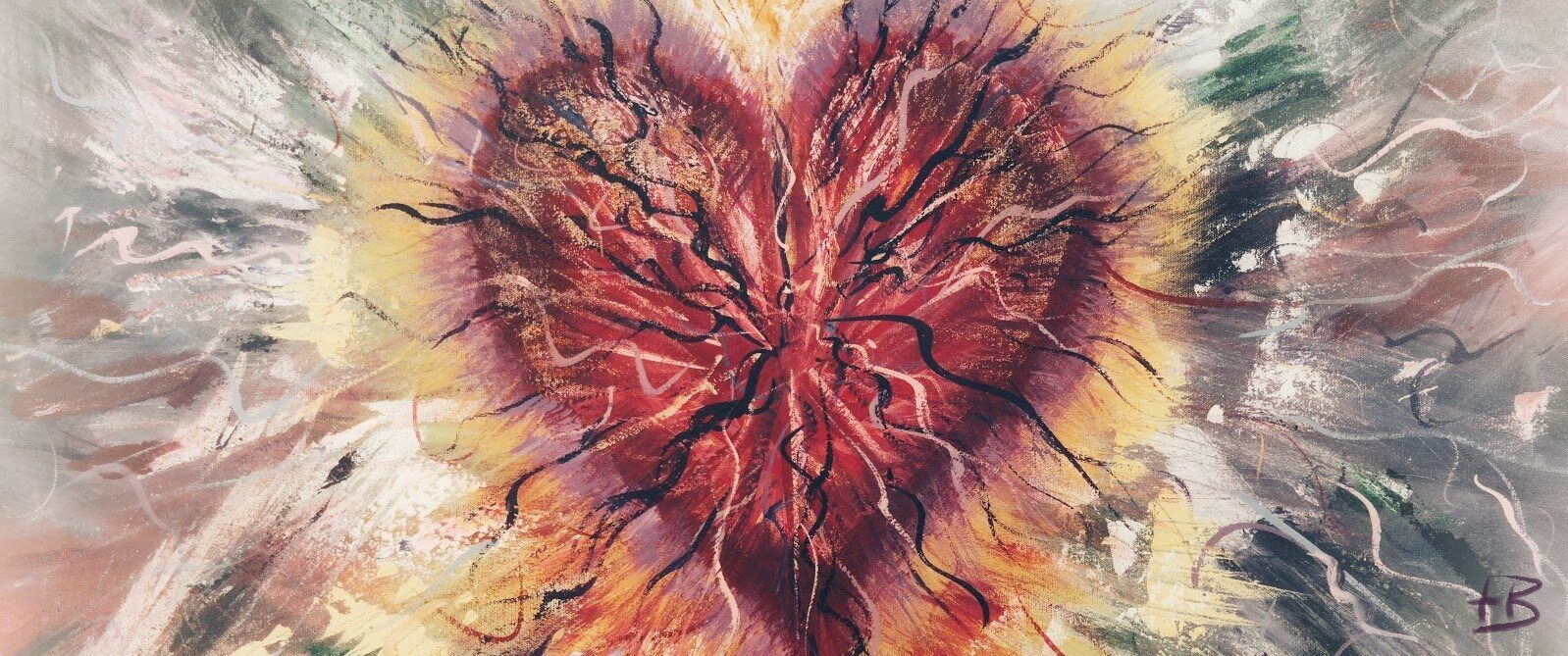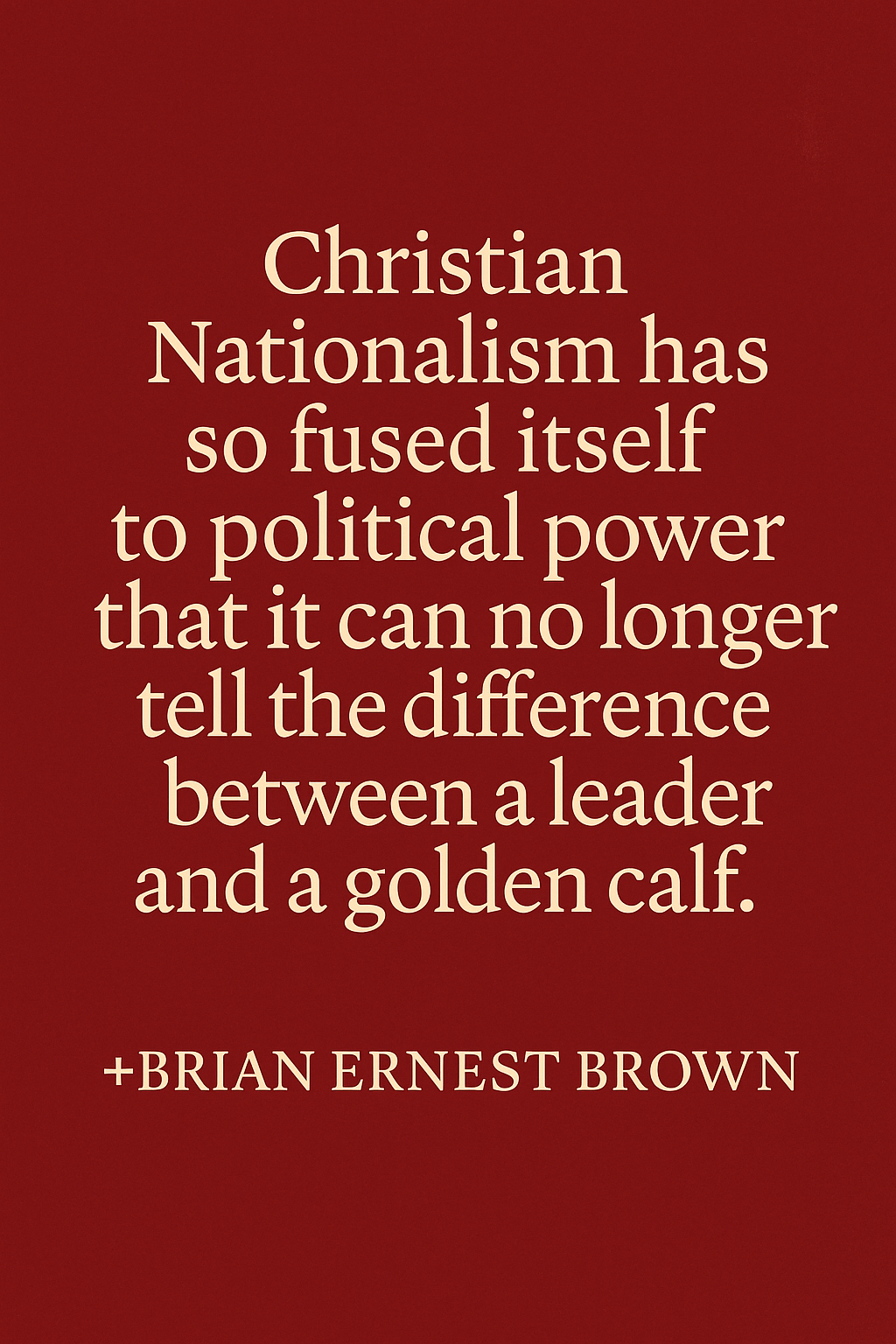When Power Excuses Evil: A Reflection on Conscience, Complicity, and the Idol of Politics
By +Brian Ernest Brown
There are moments in history when a society’s moral fractures become too deep to hide. Moments when the truth breaks through the noise and asks whether we are still capable of seeing clearly, feeling compassionately, or judging justly. The revelations surrounding Jeffrey Epstein’s network of abuse are one such moment, not only because of the horror done to the victims, but because of what our collective response reveals about who we are becoming.
Epstein did not operate in the shadows of society. He operated in the glow of its power. Politicians, celebrities, financiers, corporate leaders, academics, people who shaped our culture, our policies, our stories, moved in and out of his orbit. Some were merely present. Some were acquainted. Some were complicit. And some may have been far worse.
But what unsettles me most today is not simply that a president, one entrusted with the most powerful office in the world, appears in flight logs, photographs, social circles, and emails connected to Epstein. What unsettles me is that a vast movement of self-proclaimed Christian patriots seems not to care at all.
This is the crisis beneath the scandal: Christian Nationalism has so fused itself to political power that it can no longer tell the difference between a leader and a golden calf.
It is one thing to make a political mistake. It is another to abandon one’s conscience.
I grew up in the 70s and 80s, a Gen Xer watching my peers live wildly inconsistent lives, stumbling through youth with all the grace and recklessness of our generation. Many of us survived only because someone showed us mercy we had not earned. Grace was the lifeline that kept us afloat long enough to grow, heal, change, repent.
Yet today, many of those same friends, now older, hardened, politically militant, have forgotten that grace. They wield a rigid moralism that would have condemned their younger selves to suffering they themselves were spared.
They speak now of “law and order,” of “purity,” of “protecting values,” while defending leaders who mock those very ideals. They want the Ten Commandments in public schools, but seem unconcerned that the leaders they champion have broken nearly all of them. They demand drug testing for those receiving food assistance, conveniently forgetting they themselves once received aid while struggling with addiction.
And now, confronted with credible evidence that their chosen leaders moved in circles of exploitation and abuse, they shrug. Or worse, deny. Or worse still, attack the victims.
When loyalty becomes blind enough to excuse sexual predation, it is no longer loyalty.
It is idolatry.
The victims of Epstein’s empire were children, vulnerable, manipulated, trafficked, scarred. Their pain is not political. Their trauma is not partisan. Their suffering is not a talking point.
Any Christian movement that cannot muster compassion for abused children while defending powerful men linked to their exploitation has lost the plot of the Gospel entirely.
Jesus identified Himself with “the least of these” not with the mighty, not with the well-connected, not with the influential.
If our faith cannot stand with victims, it stands for nothing at all.
There is a sickness in our public life when moral outrage is determined not by what happened, but by who did it.
The same people who thundered with fury over accusations against political opponents suddenly fall silent when the accusations move closer to their preferred leaders. The same movement that claimed to defend “family values” now defends men who openly demean, exploit, and endanger the vulnerable.
This is not moral conservatism. It is moral collapse. And the damage is not only political, it is spiritual.
When Christians ignore evil because it is politically inconvenient, our witness rots from the inside.
We become salt that has lost its savor, light dimmed by fear, faith stripped of truth.
Accountability is not vengeance. It is not partisan. It is not optional.
Accountability is an act of love, love for the victims, love for the community, and even love for the one who must answer for their wrongdoing. There can be no redemption without truth. No forgiveness without confession. No restoration without justice.
For Christians, accountability should be the norm, not the exception. We follow a Christ who confronted both oppressors and hypocrites, sometimes gently, sometimes fiercely but always truthfully.
If leaders, presidents, pastors, or public figures were connected to Epstein’s circle in ways that enabled or ignored abuse, then they must answer for it. This is not persecution. It is righteousness.
The Via Media, the middle way, is not about moderation. It is about integrity. It is about refusing to surrender moral clarity to the demands of tribe or party. It is about remembering that conscience must never be outsourced, and that compassion is the truest measure of faith.
In an age of political idolatry, our calling is simple: To keep our hearts soft toward the suffering, our minds clear toward the truth, and our loyalties fixed not on power, but on Christ.
The victims deserve our voices. The truth deserves our courage. And our country deserves a conscience that cannot be bought, bullied, or blinded.
May we be pilgrims of conscience in a time when so many have lost theirs.
Amen.


